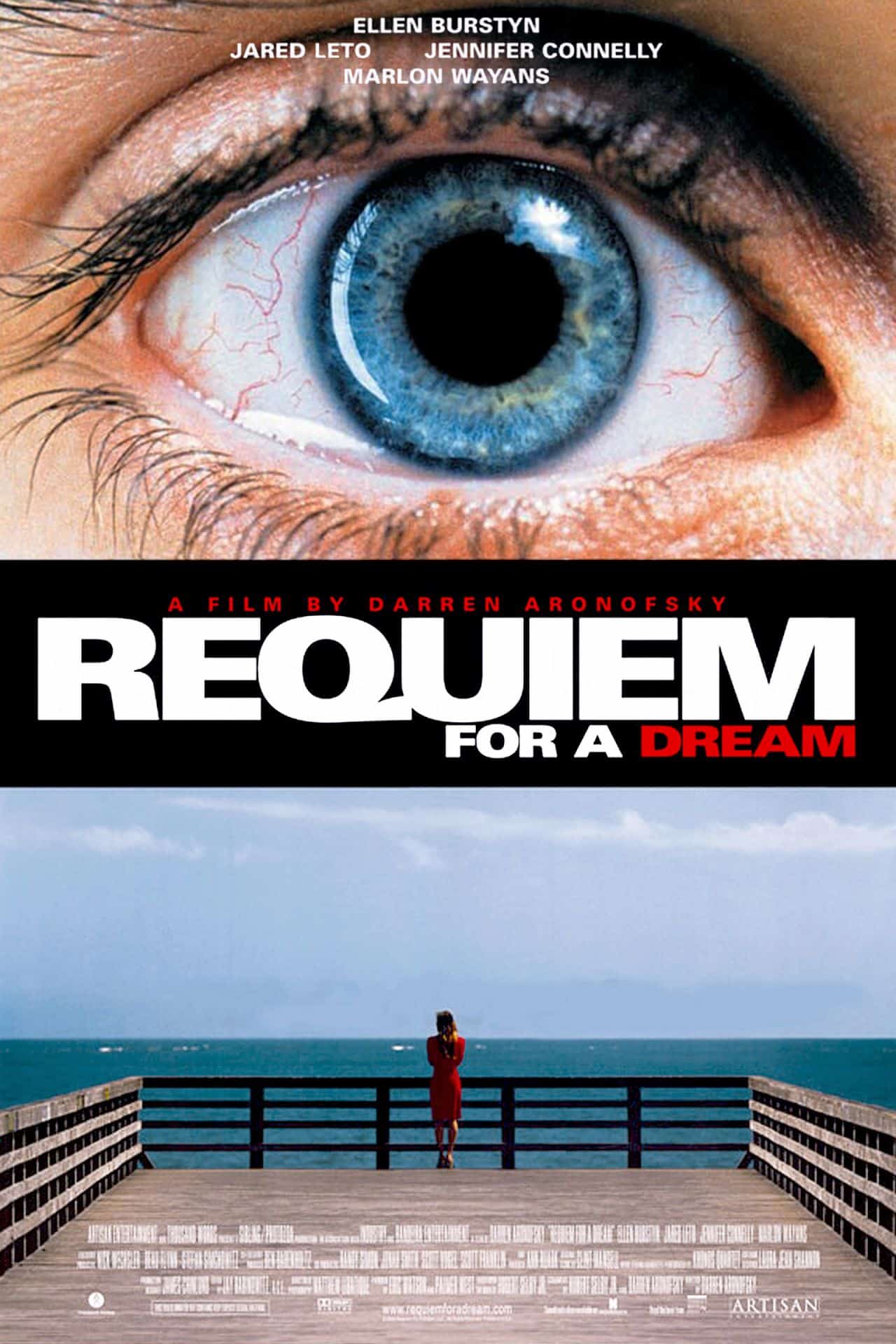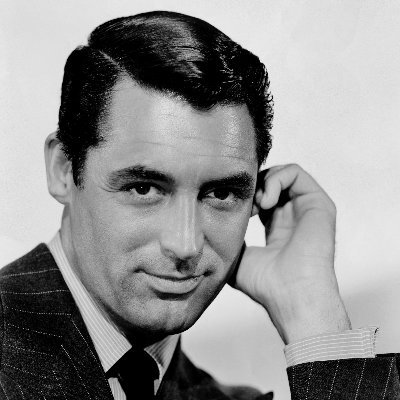
- Starring
- Ellen Burstyn, Jared Leto, Jennifer Connelly, Marlon Wayans
- Writers
- Hubert Selby Jr., Darren Aronofsky
- Director
- Darren Aronofsky
- Rating
- R (United States)
- Running Time
- 102 minutes
Overall Score
Rating Summary
Requiem for a Dream follows four characters, Sara (Burstyn), Harry (Leto), Marion (Connelly) and Tyrone (Wayans) each affected by drug addiction and its impact on their physical and emotional states. Harry, Marion and Tyrone are friends trafficking heroin in order to get the first two’s clothing store up and running, and the latter to get out of the ghetto and get the approval from his mother Sara while she is on an amphetamine-enhanced crash diet to lose weight ahead of an appearance on a game show she was invited to. Their addictions trap them in mindsets of delusion and desperation, and eventually they all deteriorate into a catastrophic state.
Requiem for a Dream is bound to leave viewers depressed. Even those who’ve never had an experience comparable to that of the four central characters’, it’s hard not to call back to a time of feeling socially isolated, or lonely. Just as much as it is about drug addiction and the devastating effects that can have on one’s body and mind, this is about what people do when they are wrapped in loneliness, feeling like like they are losing connections they desperately want, and they figure they can get a pass for doing something they might not have if they felt like they were being paid attention to. The film also has a lot to say about the way society expects us to function, what sort of shape we should be, what we should wear, what is societally acceptable. It can lead us to making panicked, rash, rushed decisions that we’re not fully comfortable with, but might give us a temporary high and feeling like we’re more acceptable to a judgmental society that can’t even stay consistent with what it demands from us.
Director and co-writer Darren Aronofsky seems determined to depict a simulation of sorts of what drug addicts are feeling when they’re taking their scores and getting high. Requiem for a Dream features close-ups of pupils dilating, cells in a blood-stream, the drugs entering the veins, scenes of the characters being sped-up to emulate the artificial energy they’ve been imbibed with. At a certain point it can get exhausting, not to mention disturbing, but whether or not this is an actual recreation of what being on drugs feels like, it can certainly give a sense of having seen the dark side of something one would never want to see again, something viscerally upsetting.
As for the writing, it feels like having almost witnessed a crime scene with the part of the plot revolving Harry, Marion and Tyrone. That’s because it basically is. And it’s clear that it’s going to end badly for all of them, but one can’t help but hope that these characters can still find it in themselves to climb themselves out of the hole they’re in, making it all the more sad when they meet their eventual fate. At one moment, there’d be imagery of Harry standing at a dock with Marion, peaceful and content. It’s the perfect representation of where they’d like to be, and yet they’re so far away from that fantasy.
As for Sara’s side of the story, appropriately it feels like it goes on forever as you witness her frantically waiting for some sort of release. Depriving herself of food is not only clearly physically painful for her, but also messing with her ability to think and sleep. Taking an increasing amount of amphetamines may suppress her hunger and give her an unbelievable amount of energy and verve, but it also erodes her relationship with her son (who is horrified to see his mother going down a path similar to his own), again her ability to think straight and clear, and eventually to even tell reality apart from fantasy and delusion. The imagery of her hallucinations feels almost too real, touching on a nearly childhood-like fear of inanimate objects like the fridge coming to life and attacking us, and more universal paranoias such as the idea that people are mocking us behind our back because man are not exactly how they think we should be.
The four central performers are committed to some pretty gruesome material. Leto reminds viewers, over a decade before perplexing turns in Suicide Squad and The Little Things, that he is actually a pretty good actor. We feel the exasperation in Harry’s behavior when it comes to his strained relationship with his mother; they both would like a better relationship with each other, but there is an unmistakable barrier between them, one that Harry isn’t really sure on how to address, and it’s not like he’s getting any real help from the outside world either. This premise would be less effective if Leto wasn’t so excellent at conveying Harry’s anguish. Connelly and Wayans are equally desperate as Marion and Tyrone. Leto and Connelly are perfect at showing a couple who sort of have chemistry but not really exactly because their drug addiction just keeps getting in the way. Wayans shows us a tormented soul as he agonizingly tries to make sense of his predicament, and his fate is particularly hard to watch.
However, it’s Burstyn who stands out the most as essentially as Sara, the emotional core of Requiem for a Dream. Even for those who’ve never attempted a crash diet or had any desire to take drugs, anyone can relate to feeling insecure about their body; too fat, too thin, stomach not flat enough, something awkward. It can be particularly excruciating when it comes to presenting oneself to other people as if being paranoid they see us as ugly, and just as bad if not worse if they call us ugly to our face, or even just a small micro-aggression can trigger you and send you retreating into yourself in a small world of self-loathing and disgust. That we live in a society that promotes this sort of toxic unhealthy judgement towards others (think to the 90s where the the trashier side of the media would try to tell us certain supermodels were ‘fat’) is legitimately degrading, and that’s not even touching on a pharmaceutical complex that profits off of exploiting people’s suffering, as is what happens to Sara as she is prescribed amphetamines. Burstyn shows barely concealed pain eating at her face, a listlessness consuming her as she mindlessly eats chocolates in front of her television set, and the red dress sequence is a heartbreaking look at the sort of fate she wanted she never got. Her real fate is also a good reminder of how inhumane electro-shock therapy is.
In the end, Requiem for a Dream is a difficult film to stomach, and it may leave some regretting something they may have done, but like the best films that elicit this kind of feeling, viewers will be left with an epiphany of sorts, looking for a greater outcome on their overall lives.
still courtesy of Artisan Entertainment
Follow me on Twitter, Instagram, and Letterboxd.
If you liked this, please read our other reviews here and don’t forget to follow us on Twitter or Instagram or like us on Facebook.
Discover more from
Subscribe to get the latest posts sent to your email.

